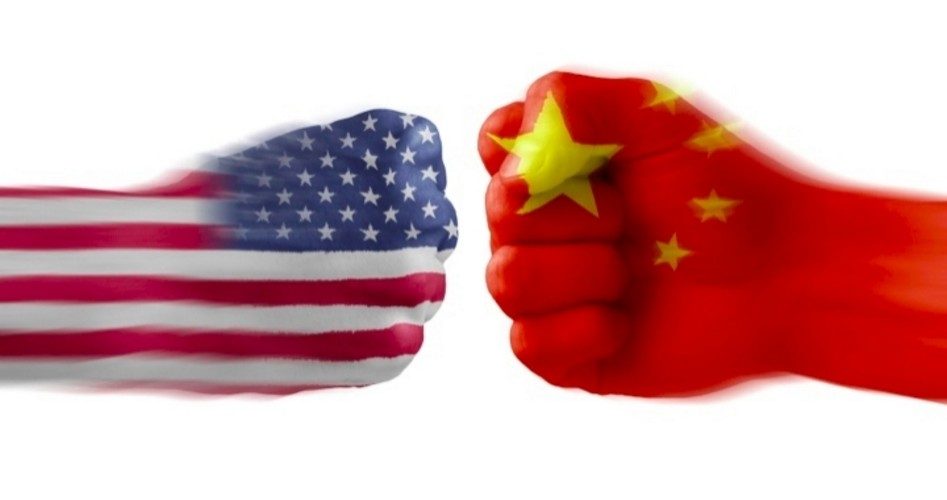
Taiwan News published a statement made by Taiwanese economist Wu Chia-lung on July 24 offering his opinion that the United States has at least 10 ways to counteract China’s aggressive global expansion. Wu’s proposals are:
• Jointly demand compensation: The United States can join with other countries to hold China accountable for its responsibility for the global COVID-19 pandemic. The American Enterprise Institute (AEI), in an April 28 article, proposed something similar:
Since China would not willingly accept adverse legal judgments from foreign or international courts, and since it is highly unlikely that China’s own courts would hold the regime liable for its wrongs to other nations, those nations should engage in self-help. They must deploy their sovereign powers to secure compensation and deter future wrongdoing.
• Cancel China’s sovereign immunity: With China’s sovereign immunity revoked, U.S. citizens would be able to sue the Chinese government for the economic losses attributable to the Chinese pandemic.
• Render China’s “Great Firewall” ineffective: Wu proposes that the United States utilize Starlink (the constellation of satellites in low-Earth orbit developed by Elon Musk’s SpaceX to provide global Internet access) to allow Chinese citizens to bypass the communist government’s blockage of domestic access to the Internet.
• Destroy the linked exchange-rate system in Hong Kong: The United States would cut off the supply of U.S. dollars to Hong Kong, so that its foreign-exchange reserves will be insufficient for its foreign-exchange system to function, making it no longer practical for foreign companies to do business in Hong Kong, much of which now profits the Communist regime in Beijing.
• Exclude Hong Kong and China from the U.S dollar-based financial system: If the United States banned banks in China and Hong Kong from transferring U.S. dollars for their clients, China’s foreign trade would be severely handicapped.
• Increase military operations in the South China Sea: Last year, we quoted a report from China’s Maritime Safety Administration stating that China “considers control of the South China Sea as crucial to its foreign trade routes and aspirations to surpass the U.S. as the dominant military power in the Asia-Pacific region.” A strong U.S. presence in the South China Sea would serve as a deterrent to China’s attempts to dominate that body of water.
• Enact an oil embargo: Wu suggests that the United States implement an oil embargo in the South China Sea, but this would be impractical without cooperation from the seven nations that are larger oil exporters than we are.
• Sanction Chinese officials: One option might be to ban members of the Chinese Communist Party (CCP) from entering the United States.
• Abandon the “one China policy”: The United States switched diplomatic recognition from the Republic of China on Taiwan to the People’s Republic of China in 1979, effectively recognizing Bejing as the government of “one China.” Restoring diplomatic relations with Taiwan would reverse this policy. And, finally, Wu suggests,
• Establish a new liberal world order: This would arguably be run by Western nations, similar to the pre-WWII world order. While this might be preferable to a world order dominated in part by Communist China, defenders of U.S. sovereignty will be opposed in principle to anything that includes the name “new world order” — liberal or otherwise!
Image: Thinkstock
Warren Mass has served The New American since its launch in 1985 in several capacities, including marketing, editing, and writing. Since retiring from the staff several years ago, he has been a regular contributor to the magazine. Warren writes from Texas and can be reached at wmass@thenewamerican.com.
Related article:
Will U.S. Come Out on Top in U.S.-China Trade War?
To Get Trade Deal Signed, U.S. Says China No Longer “Currency Manipulator
Trump Trade Advisor’s Memos: Stop China Travel, Pandemic Coming, 2M Fatalities Possible


